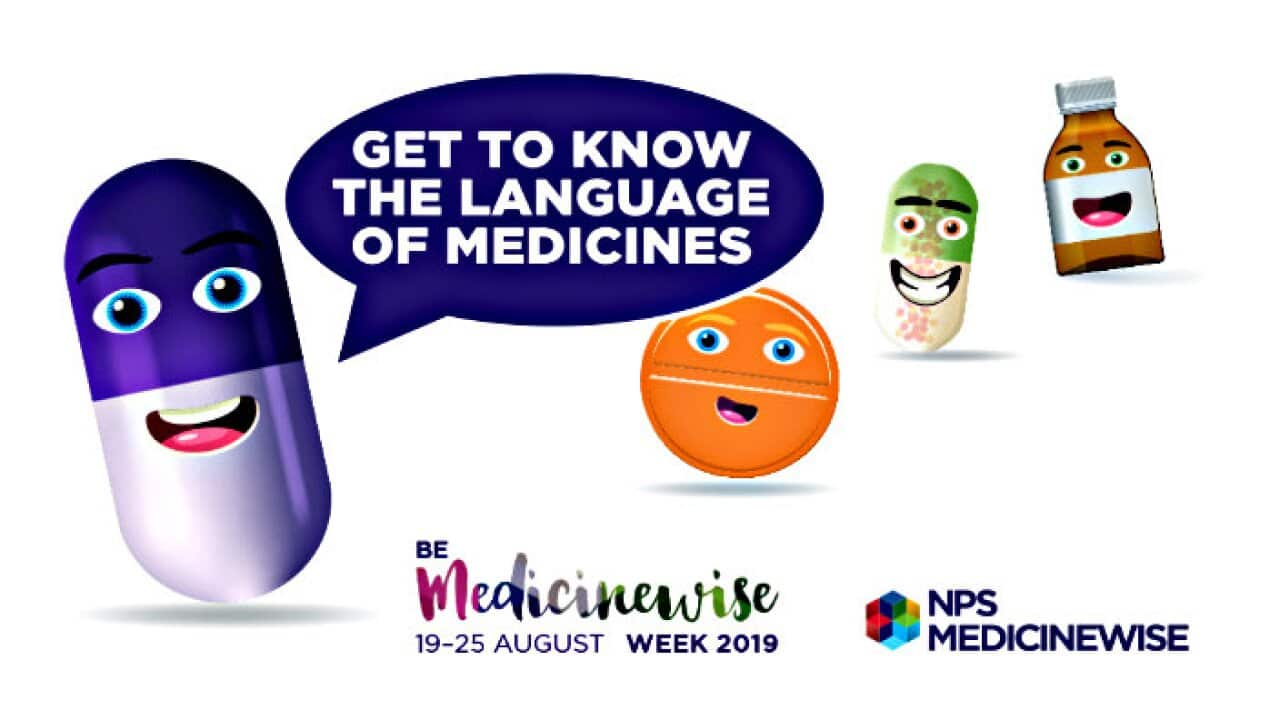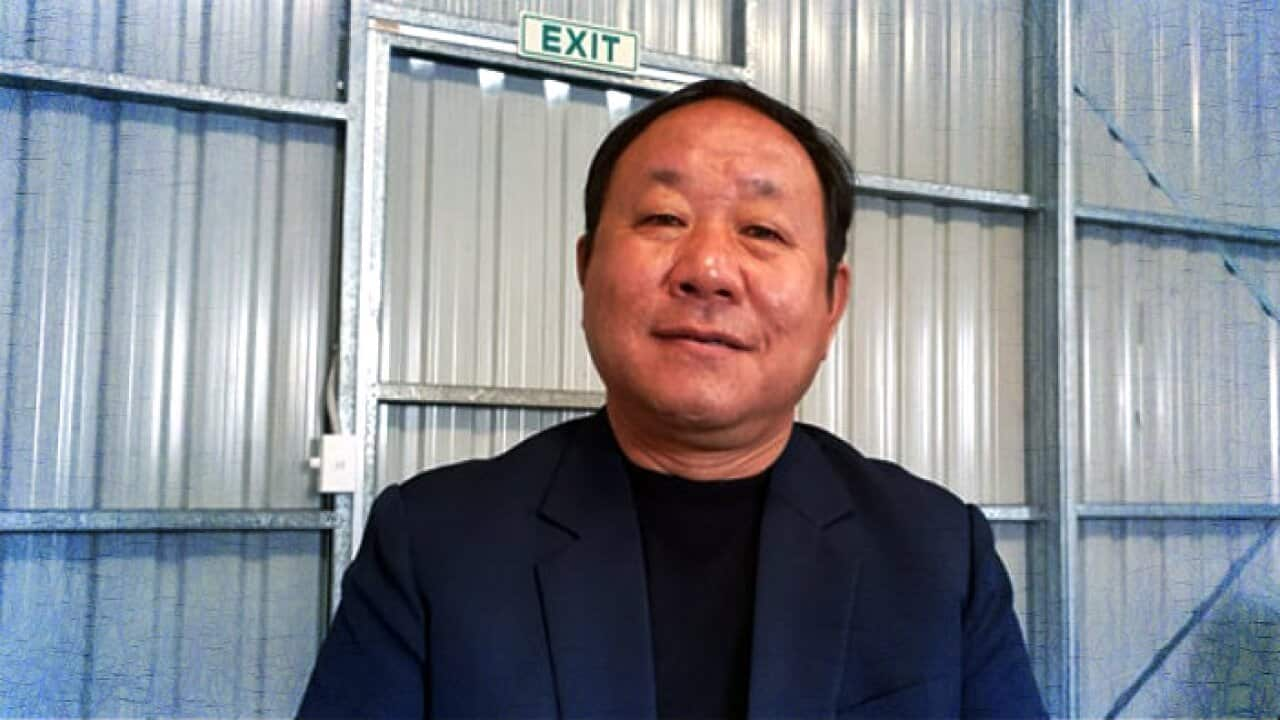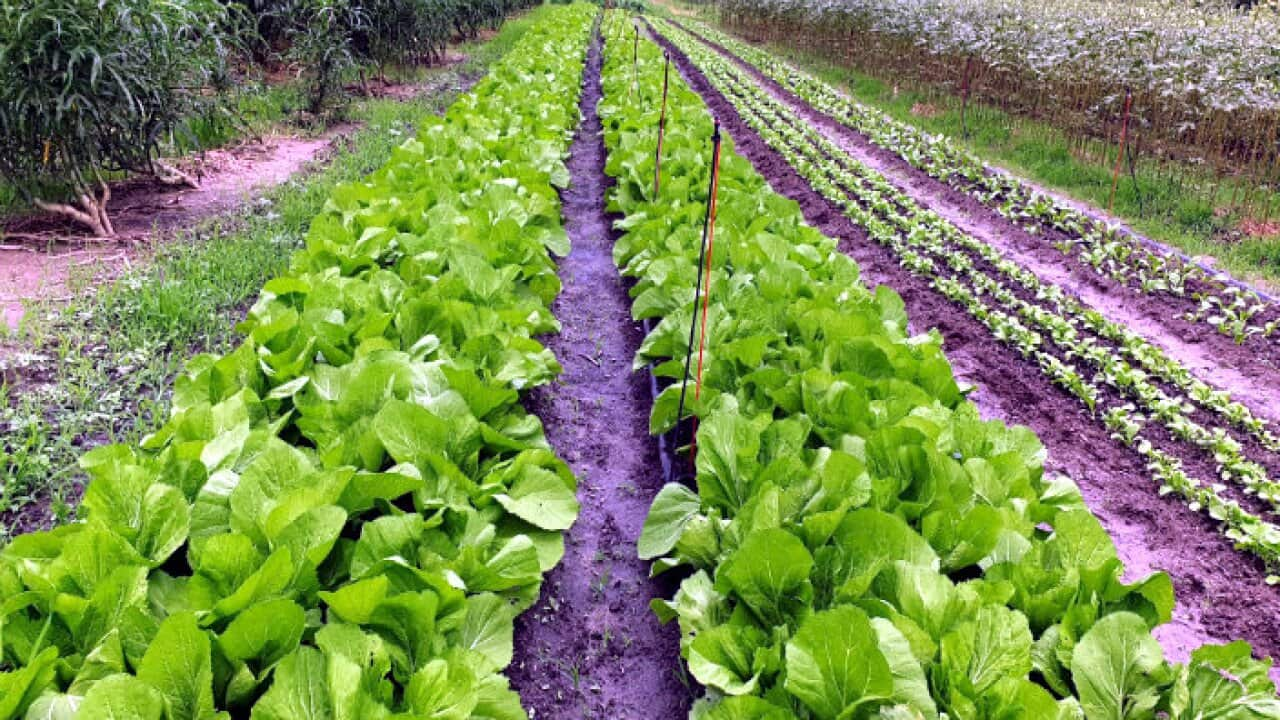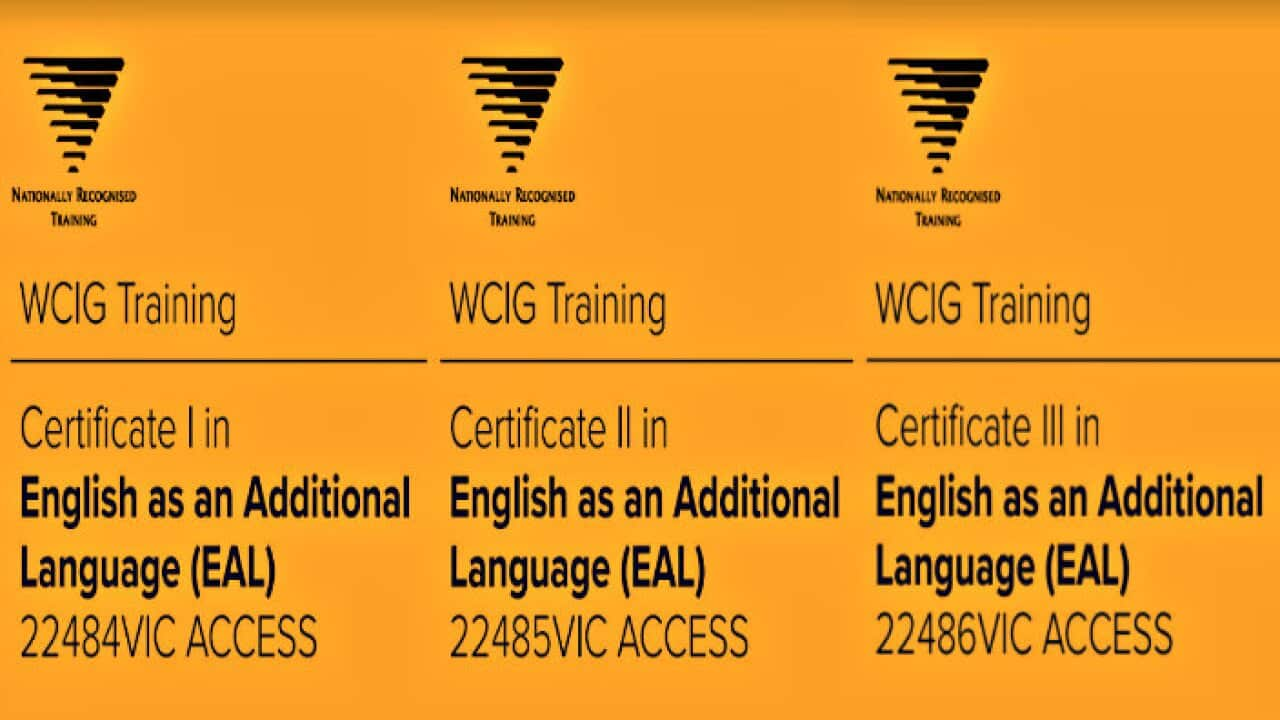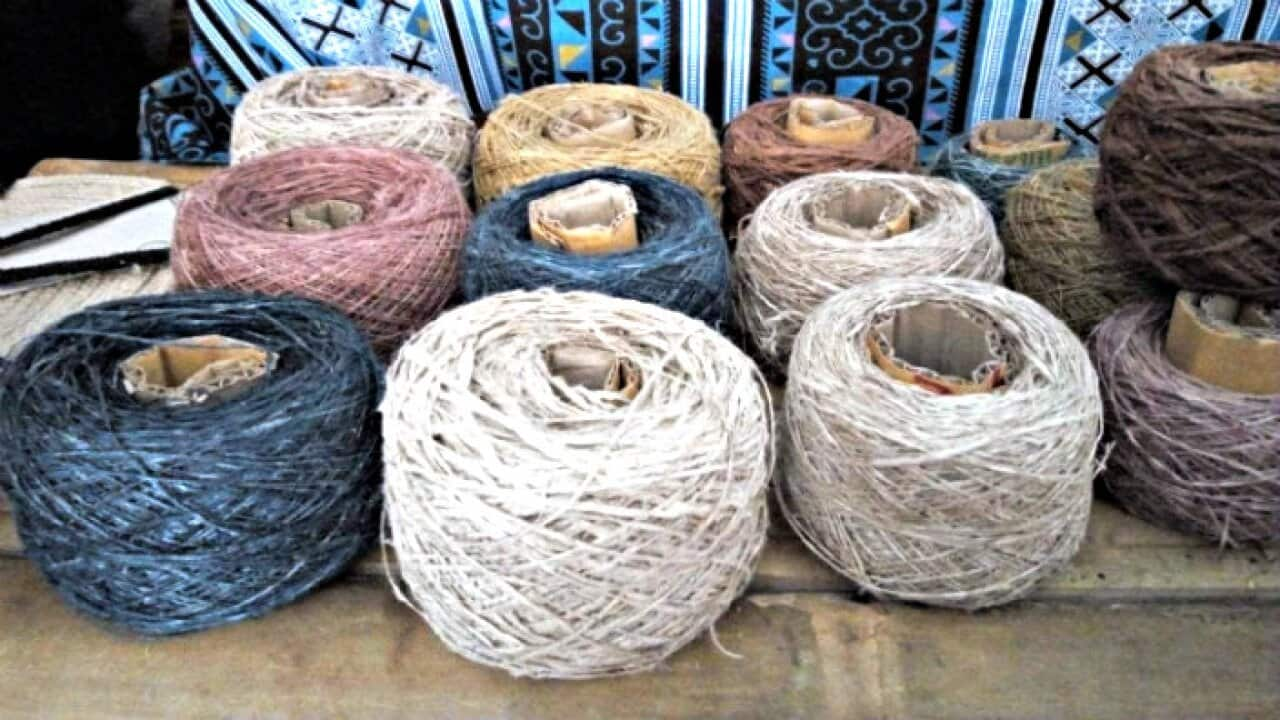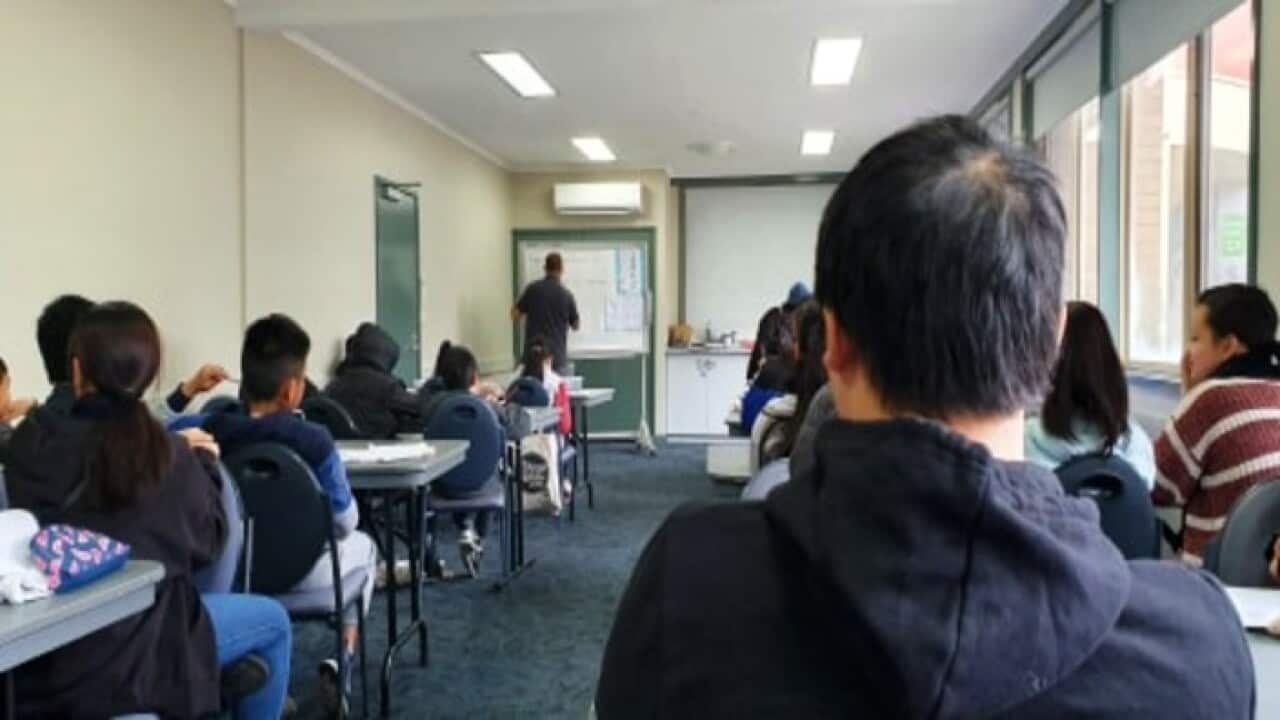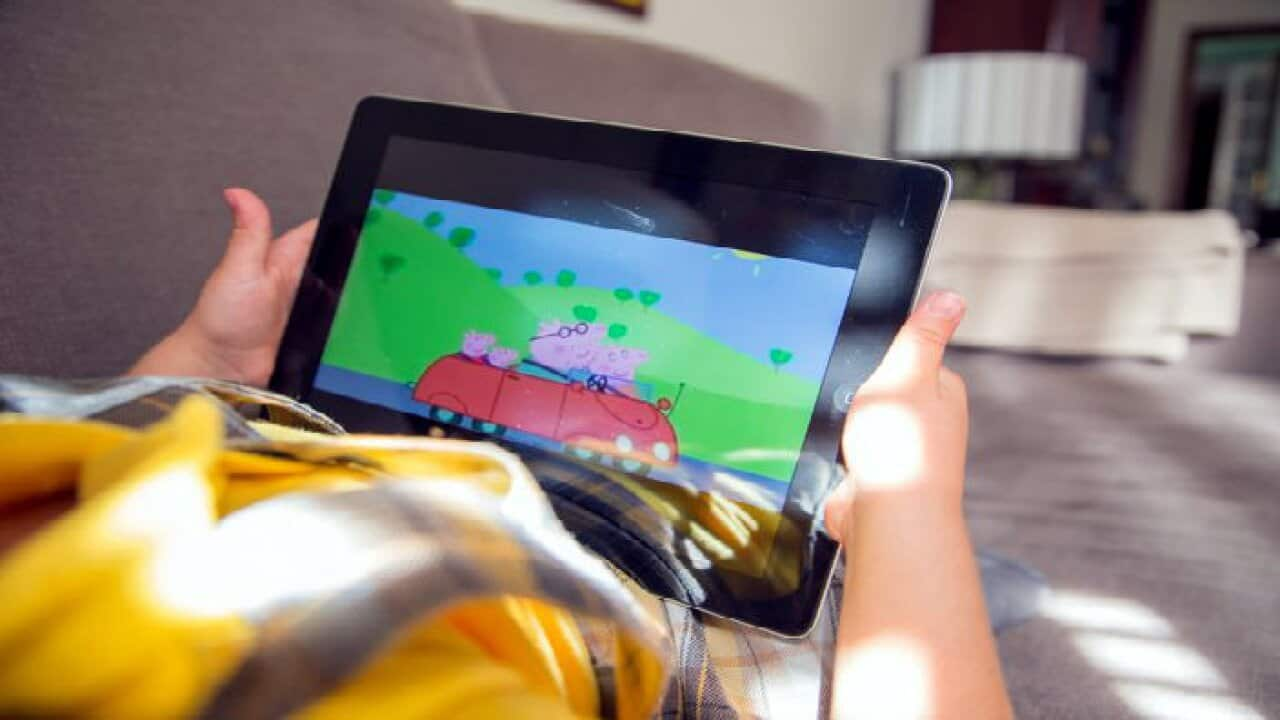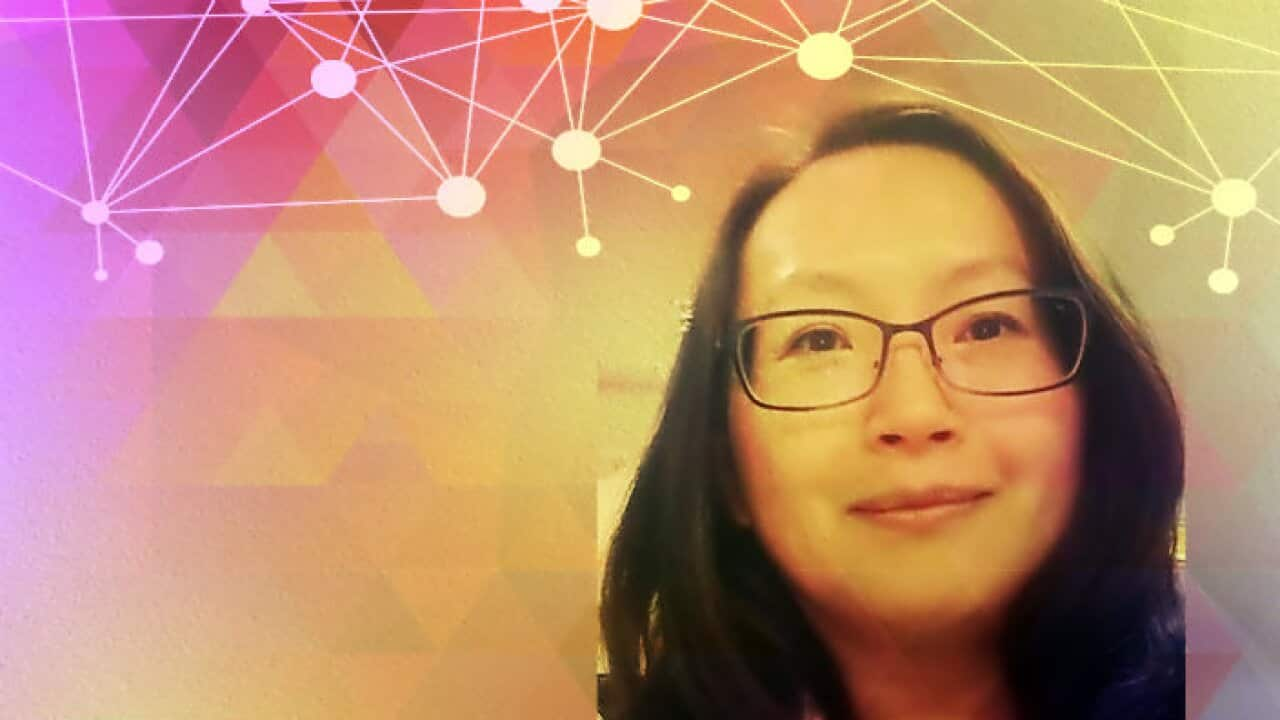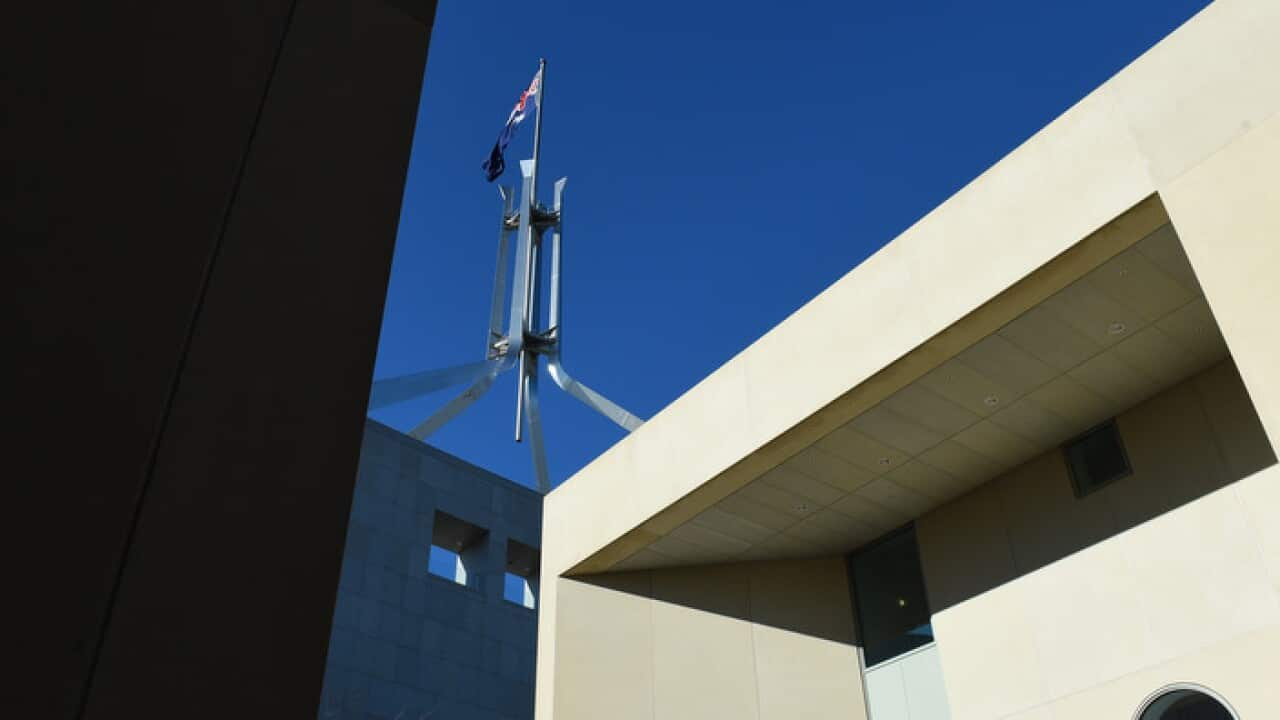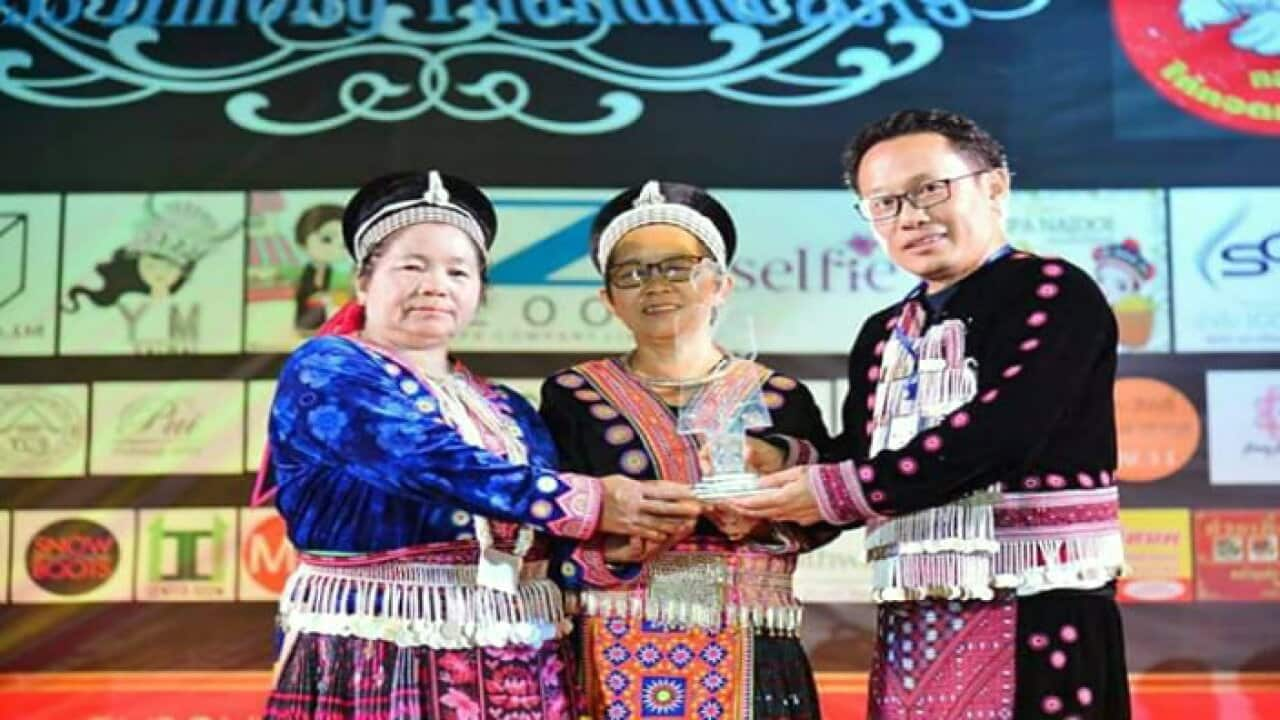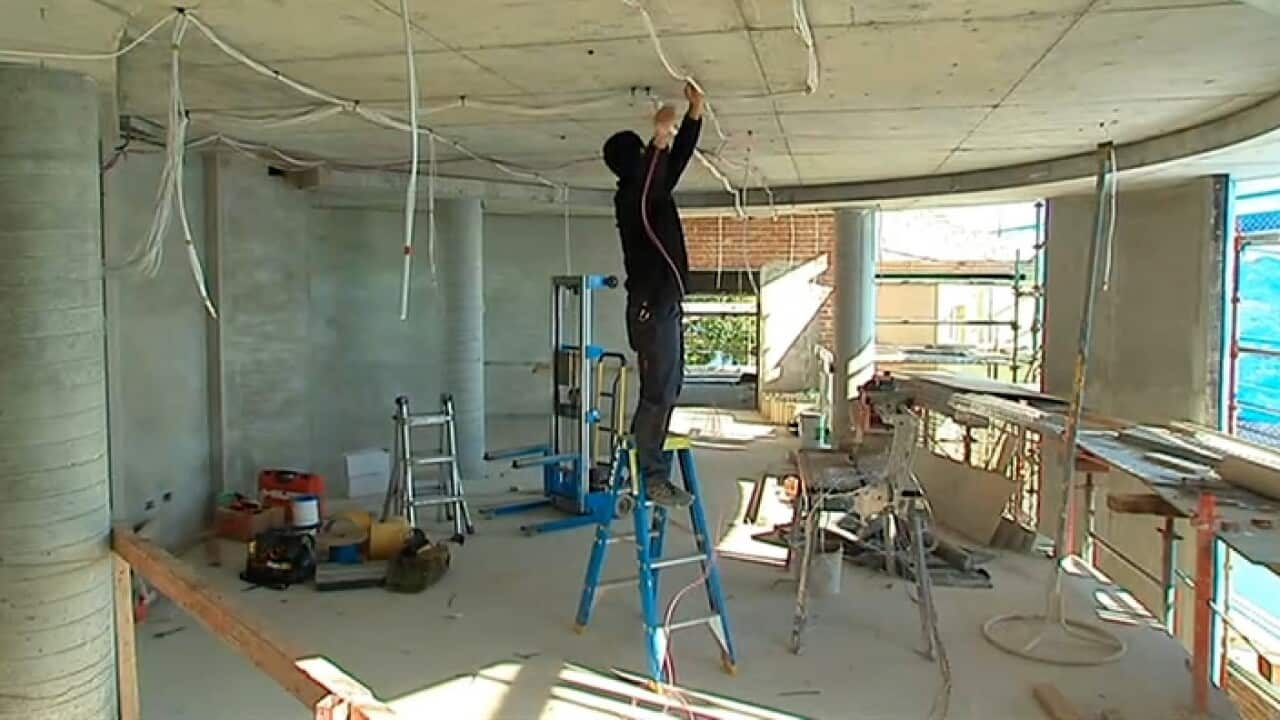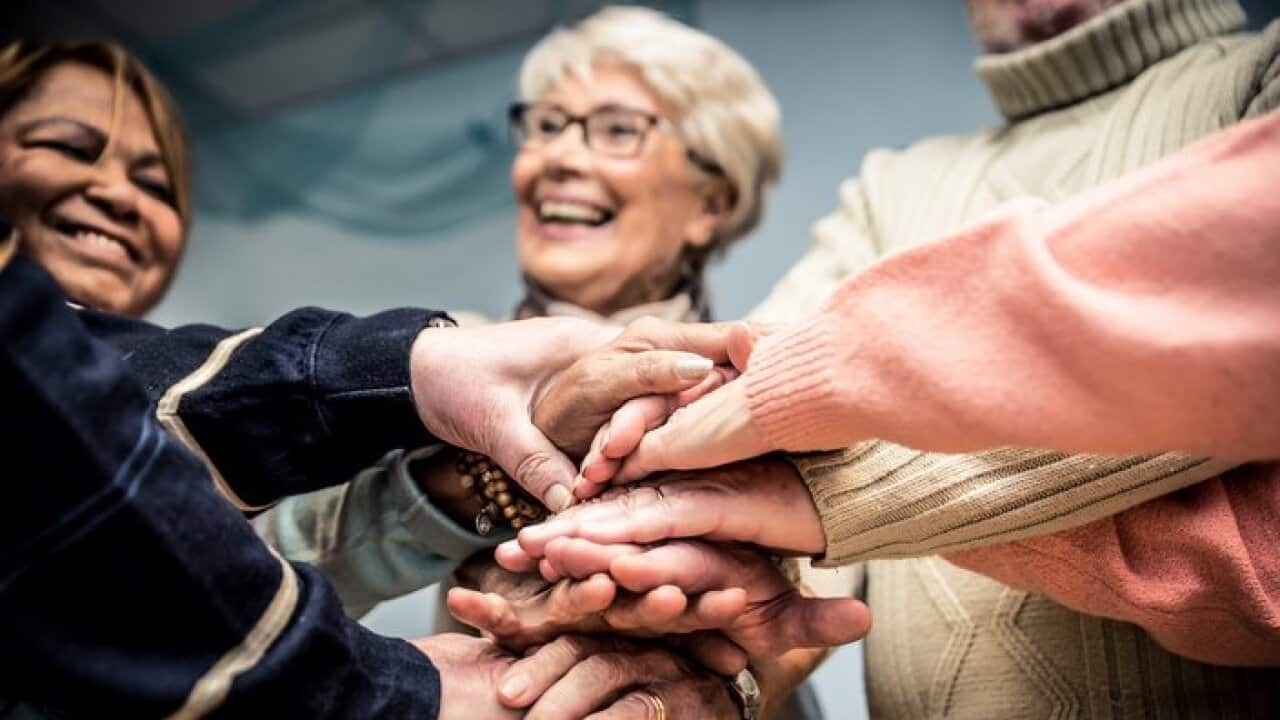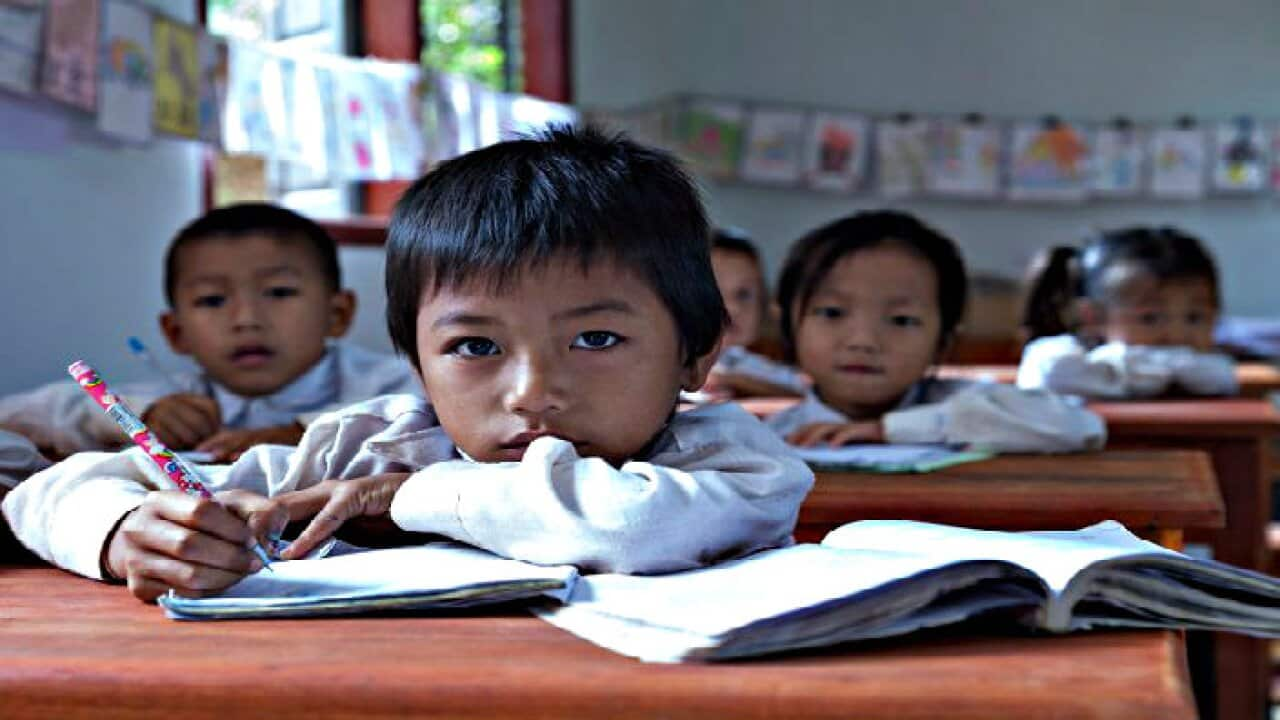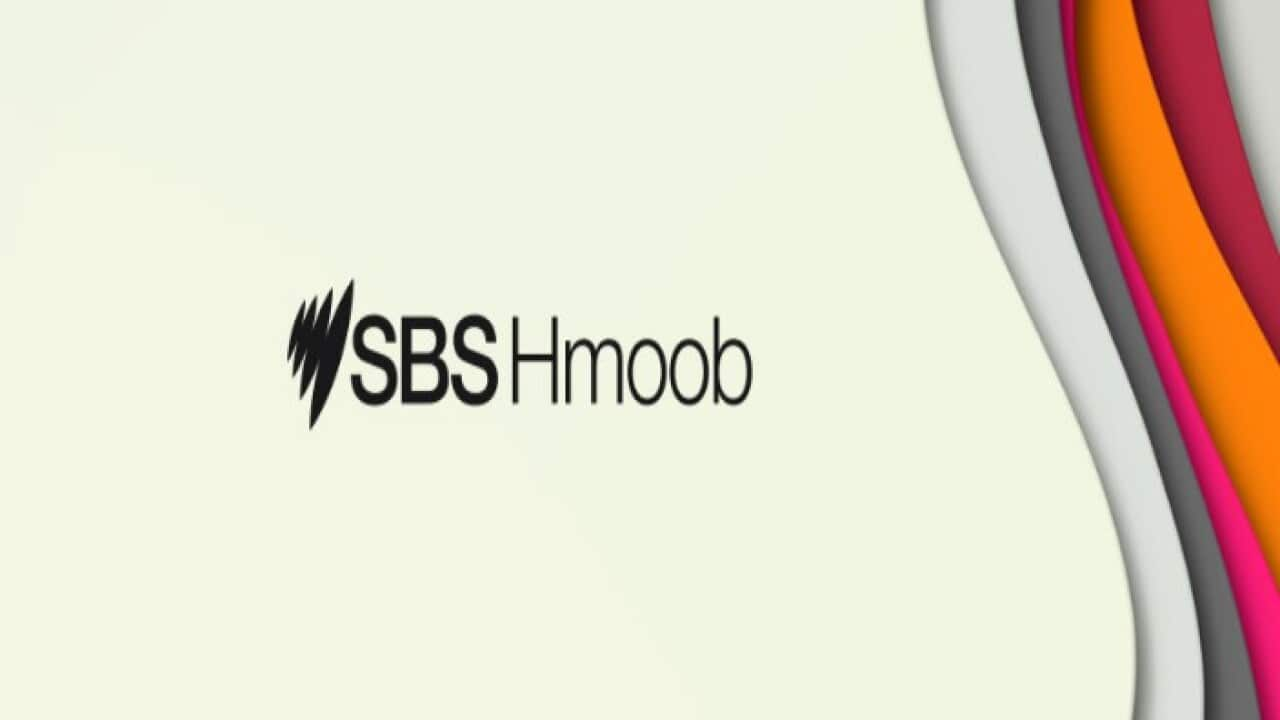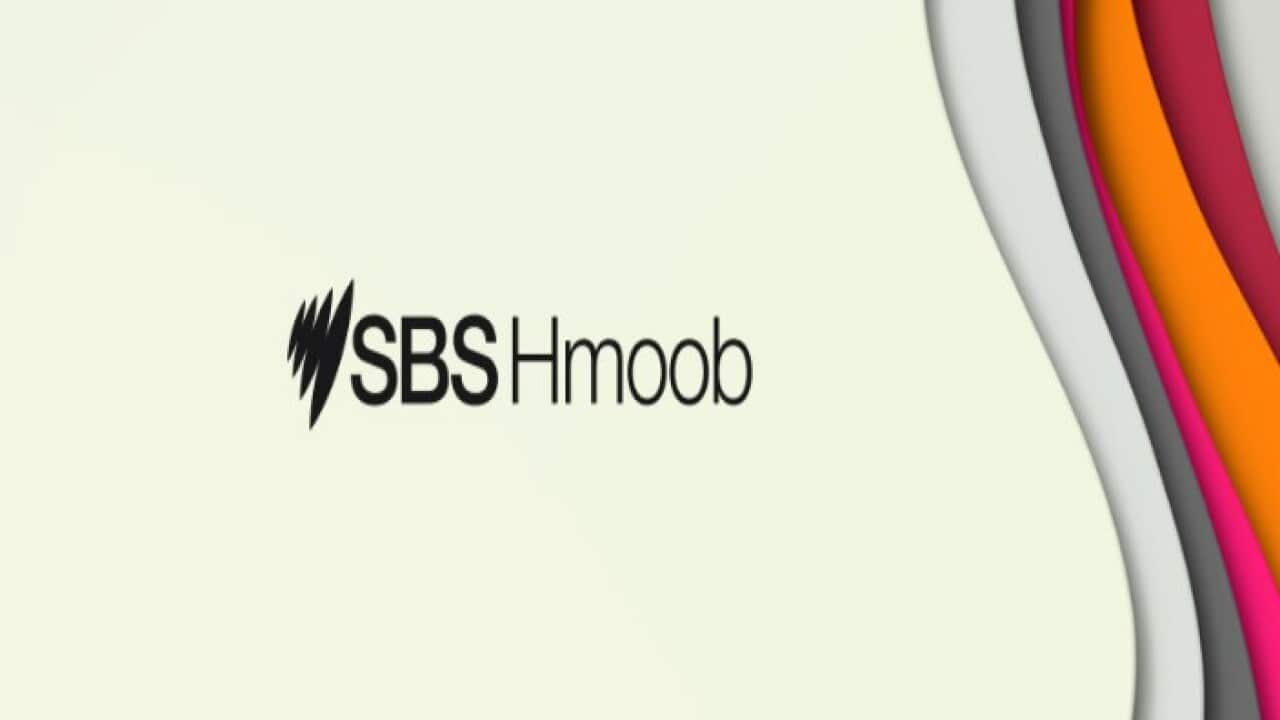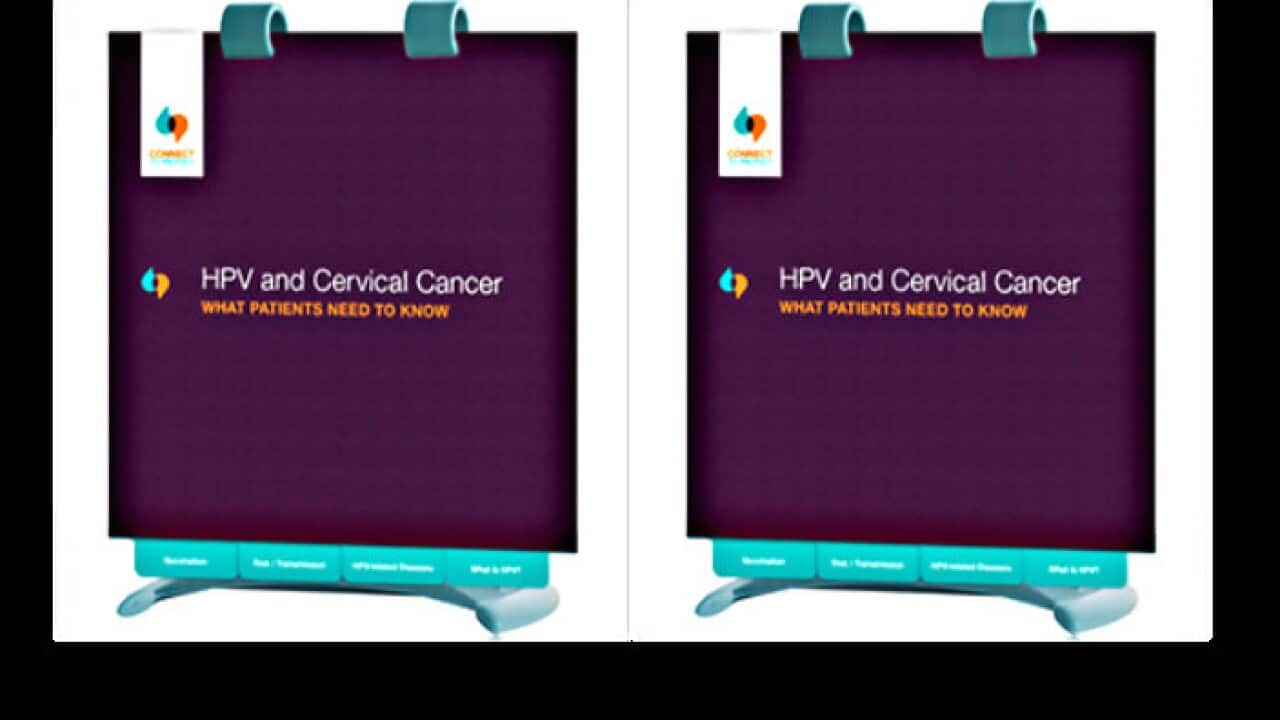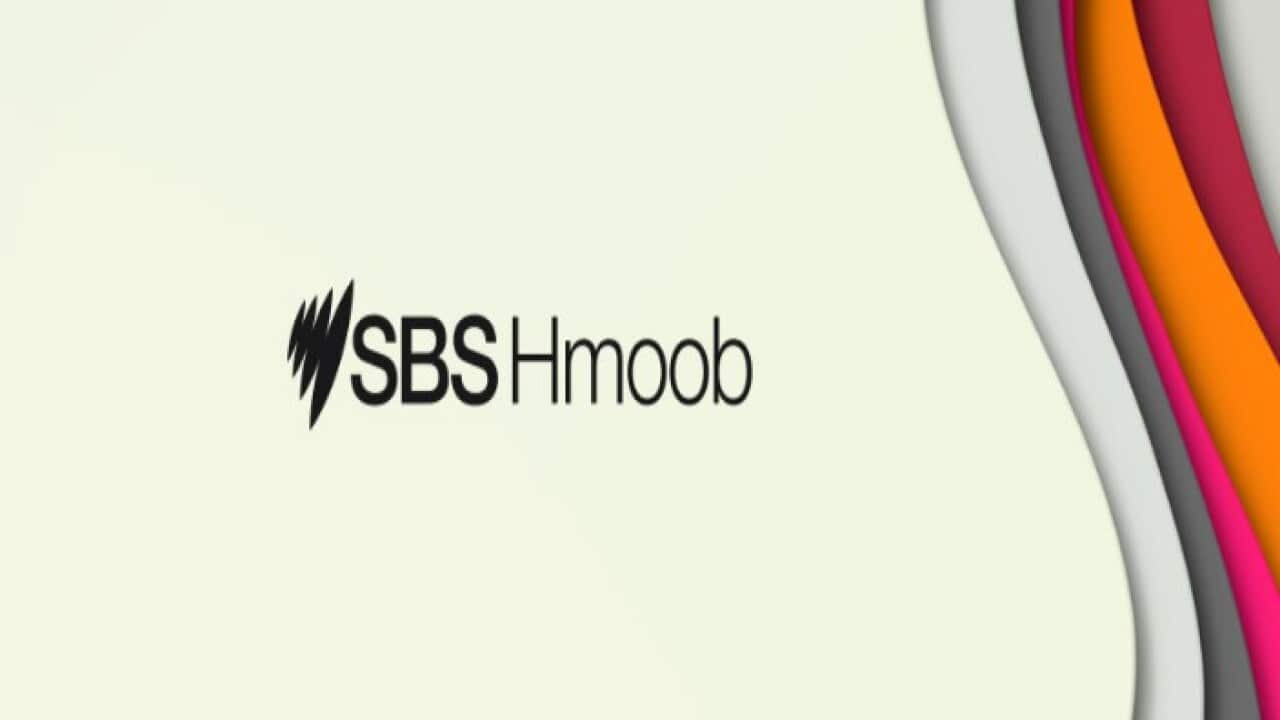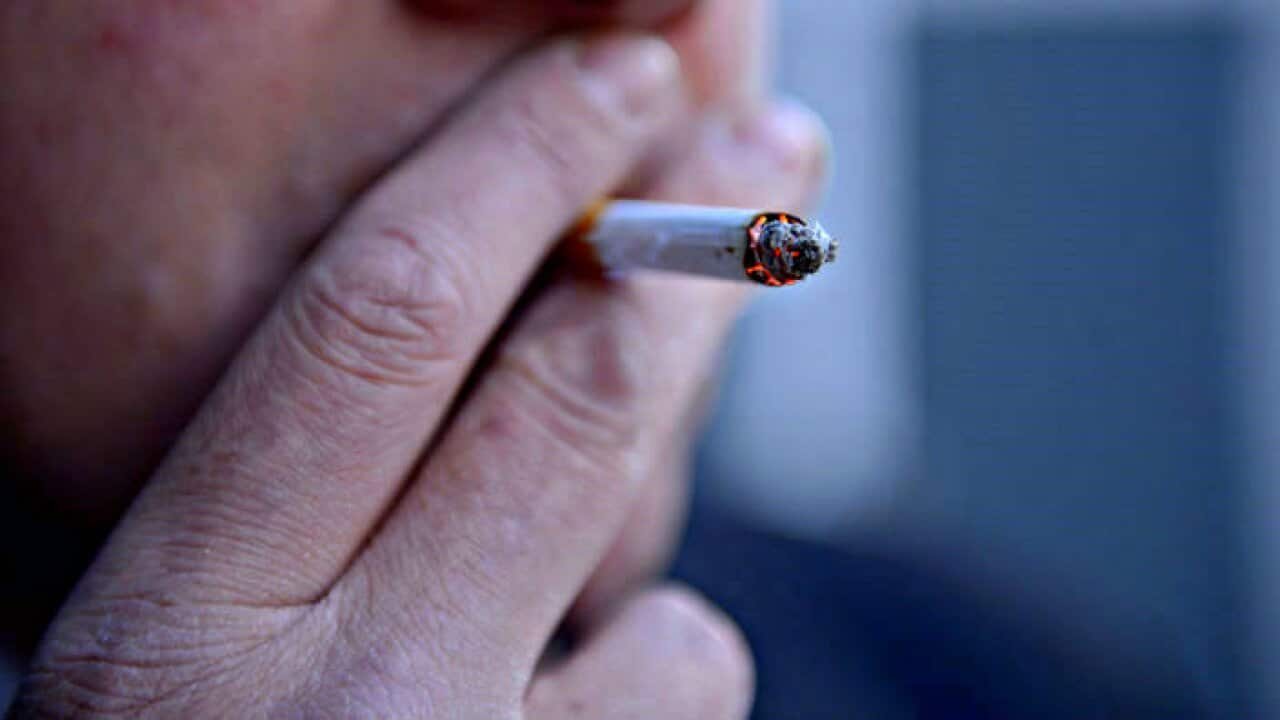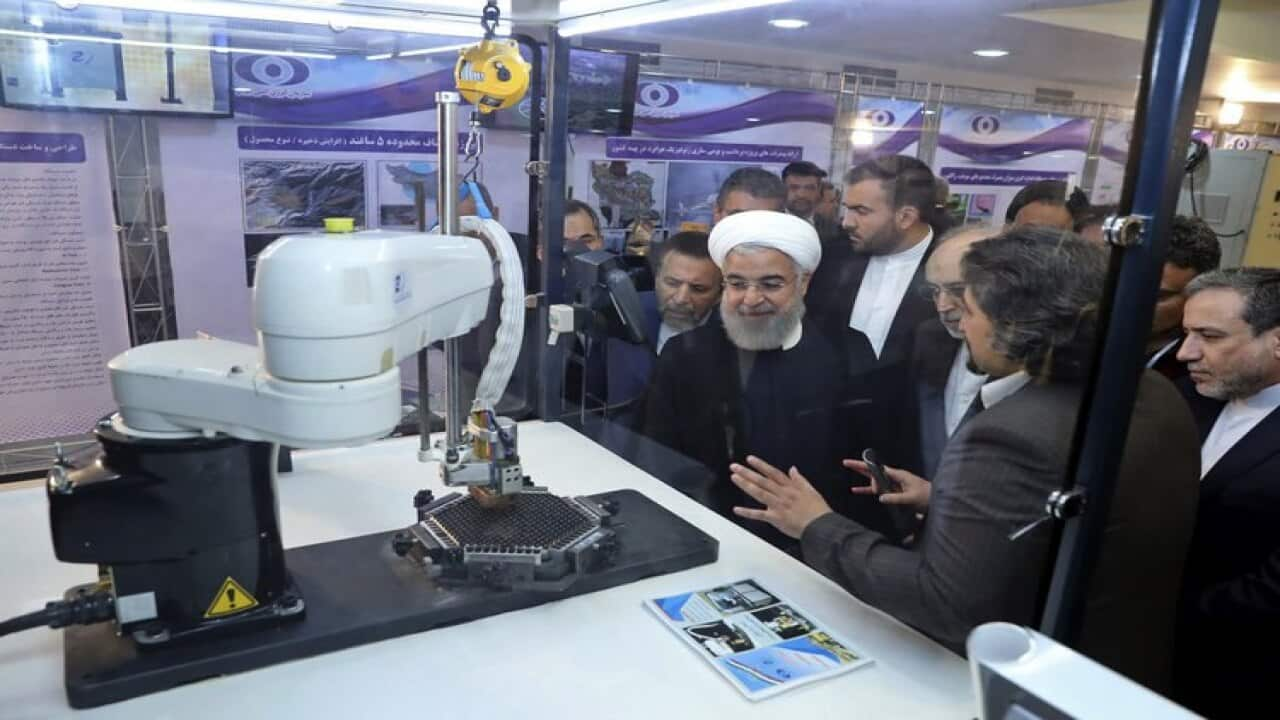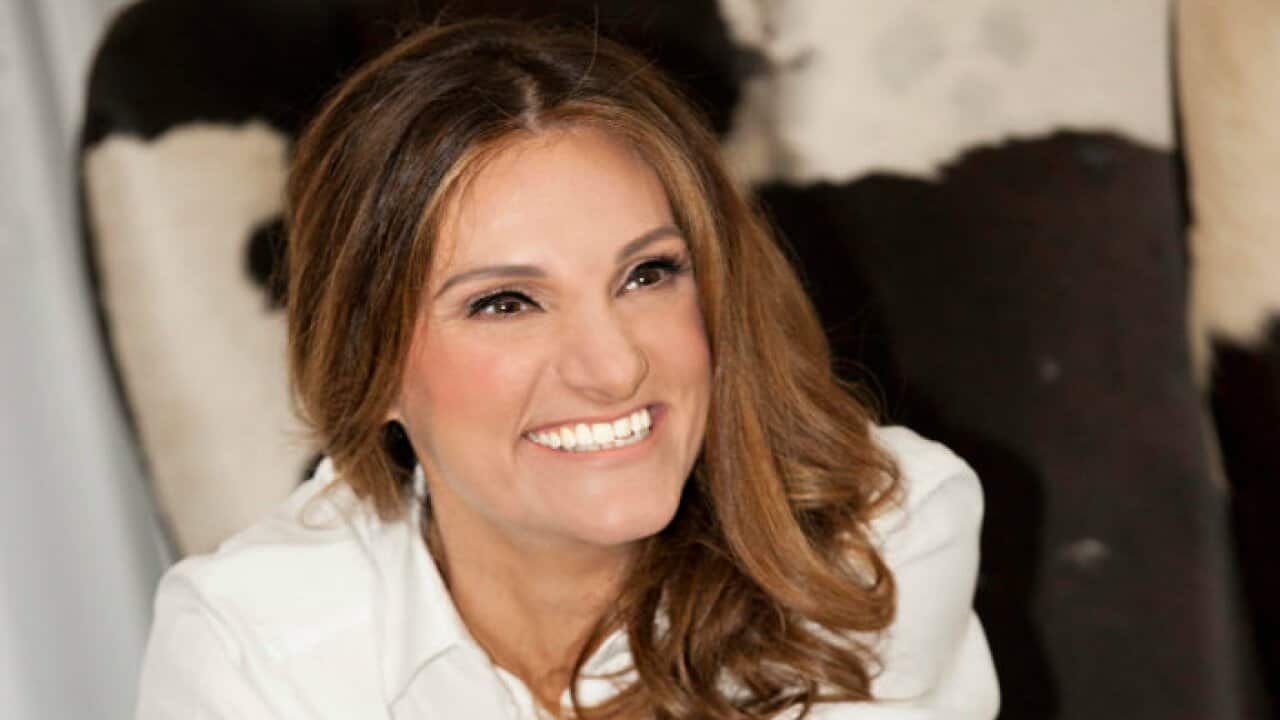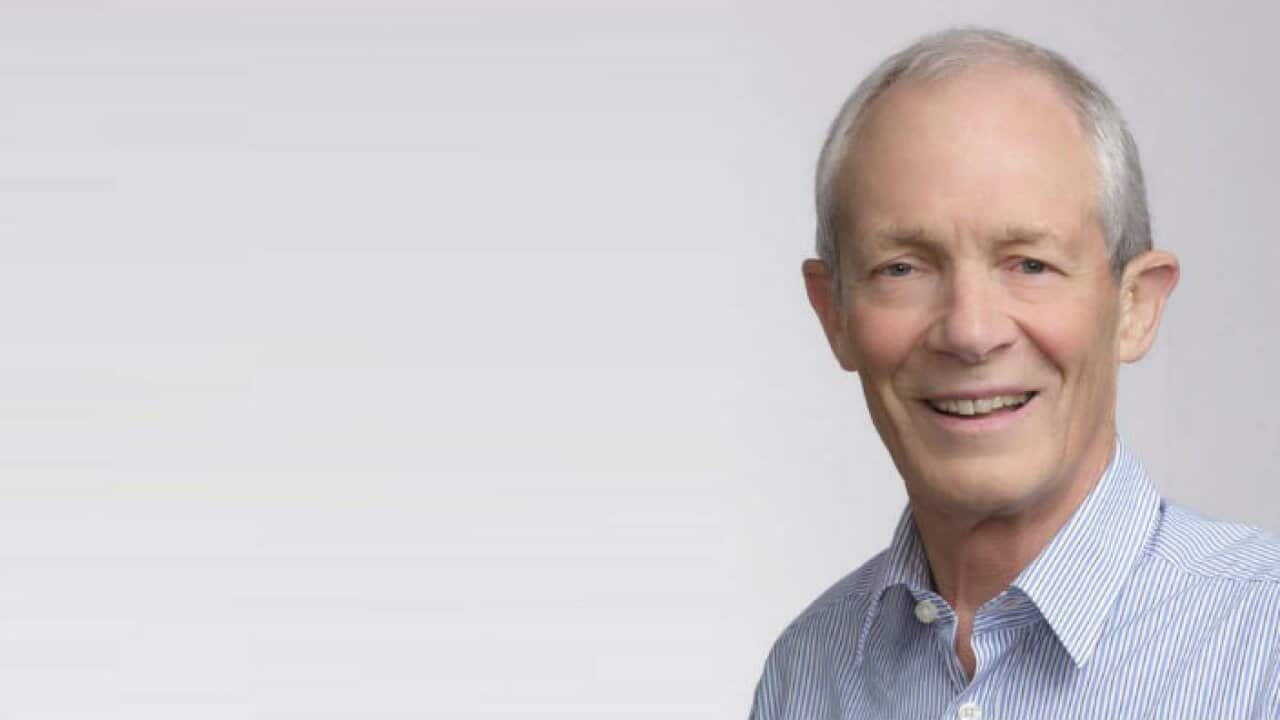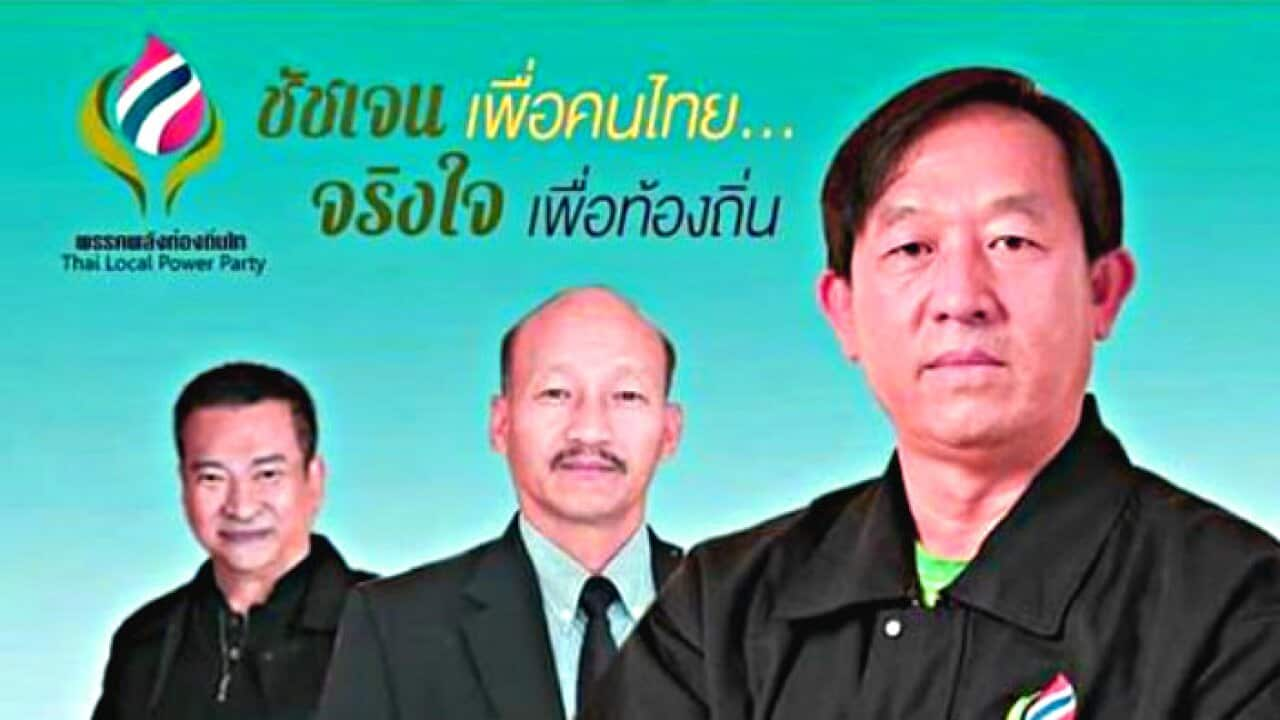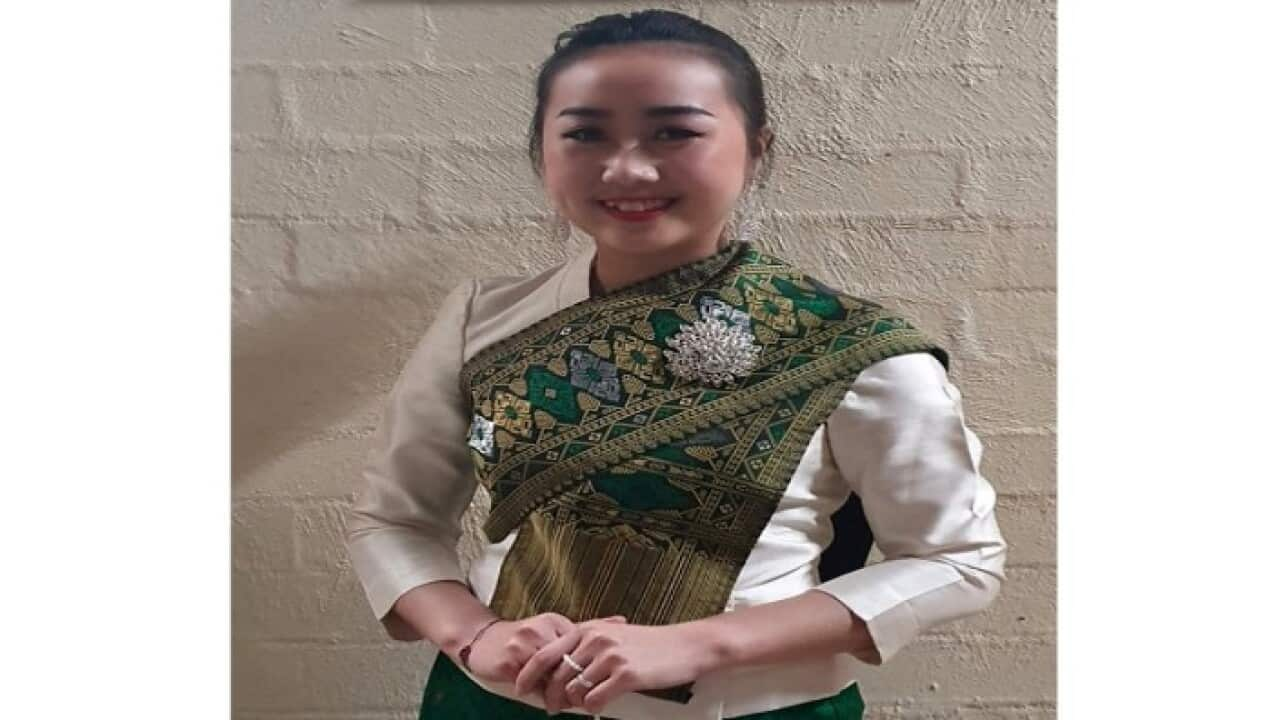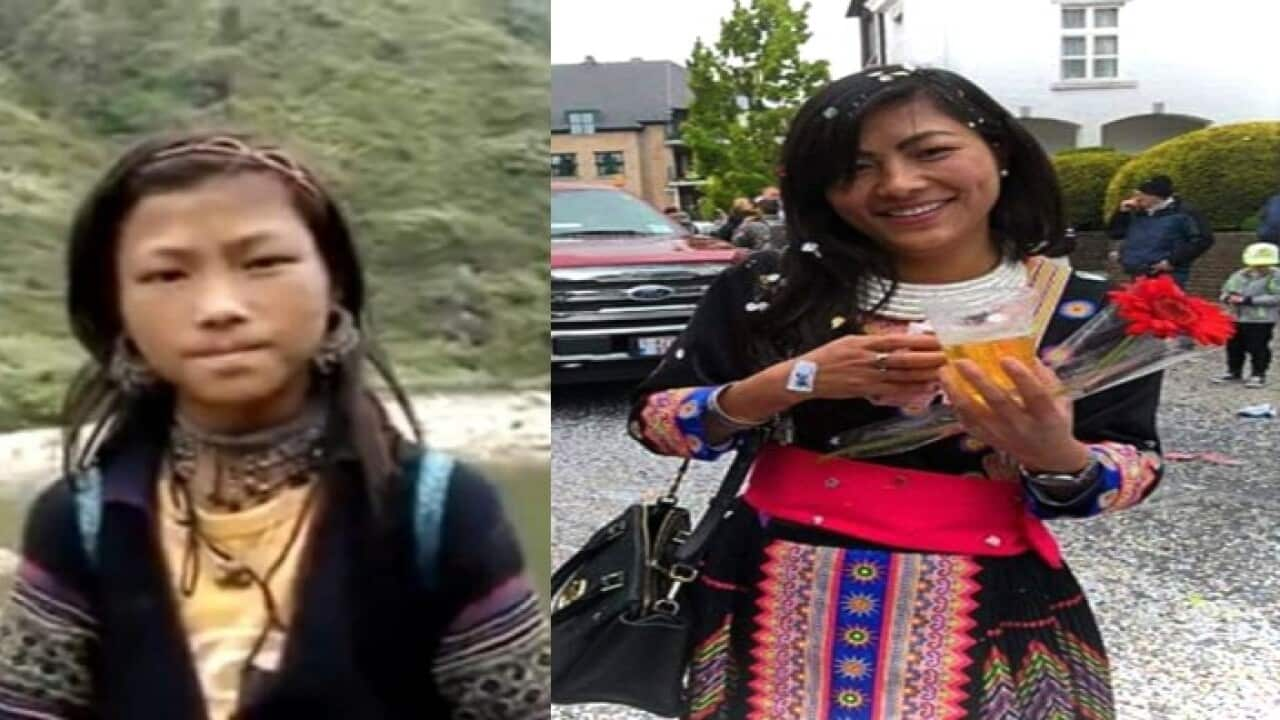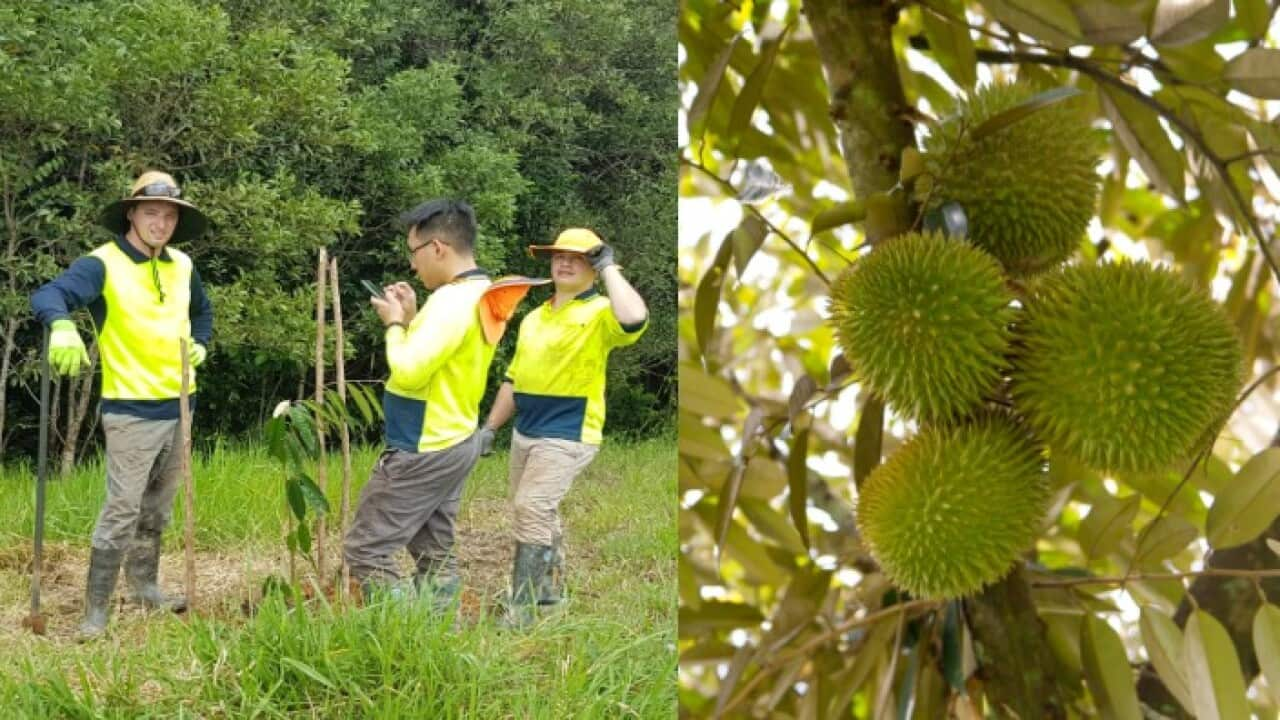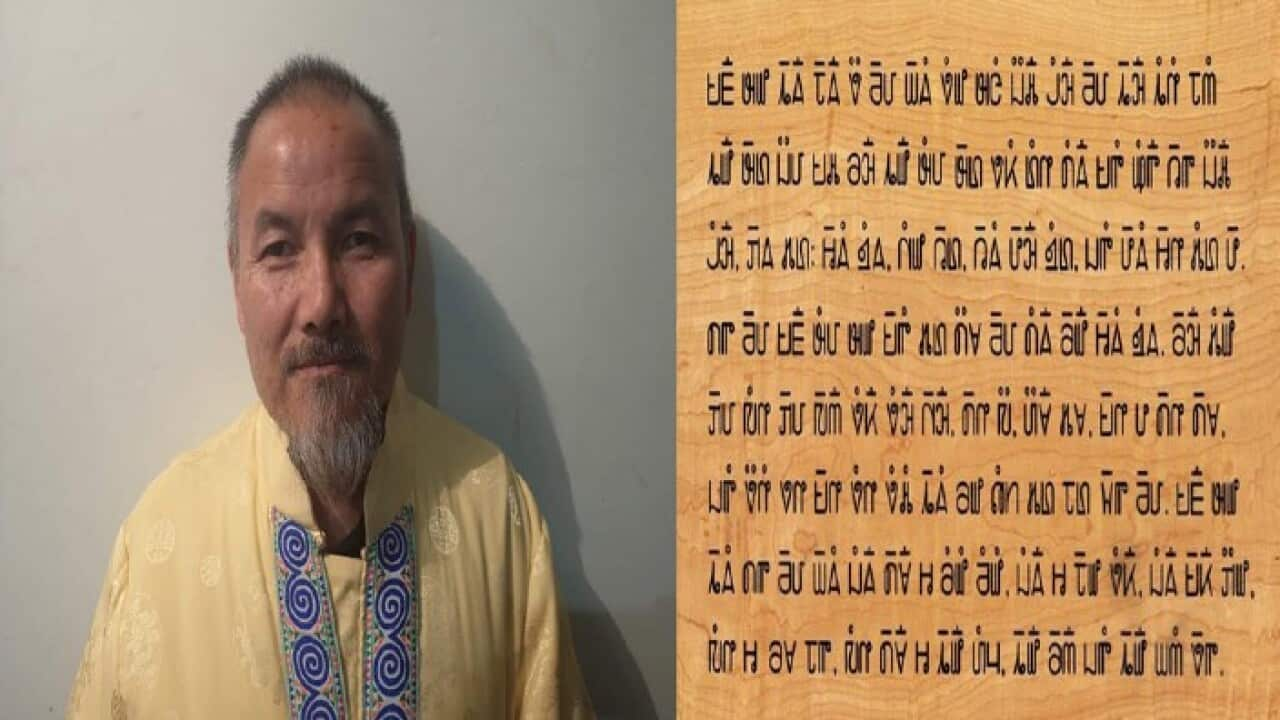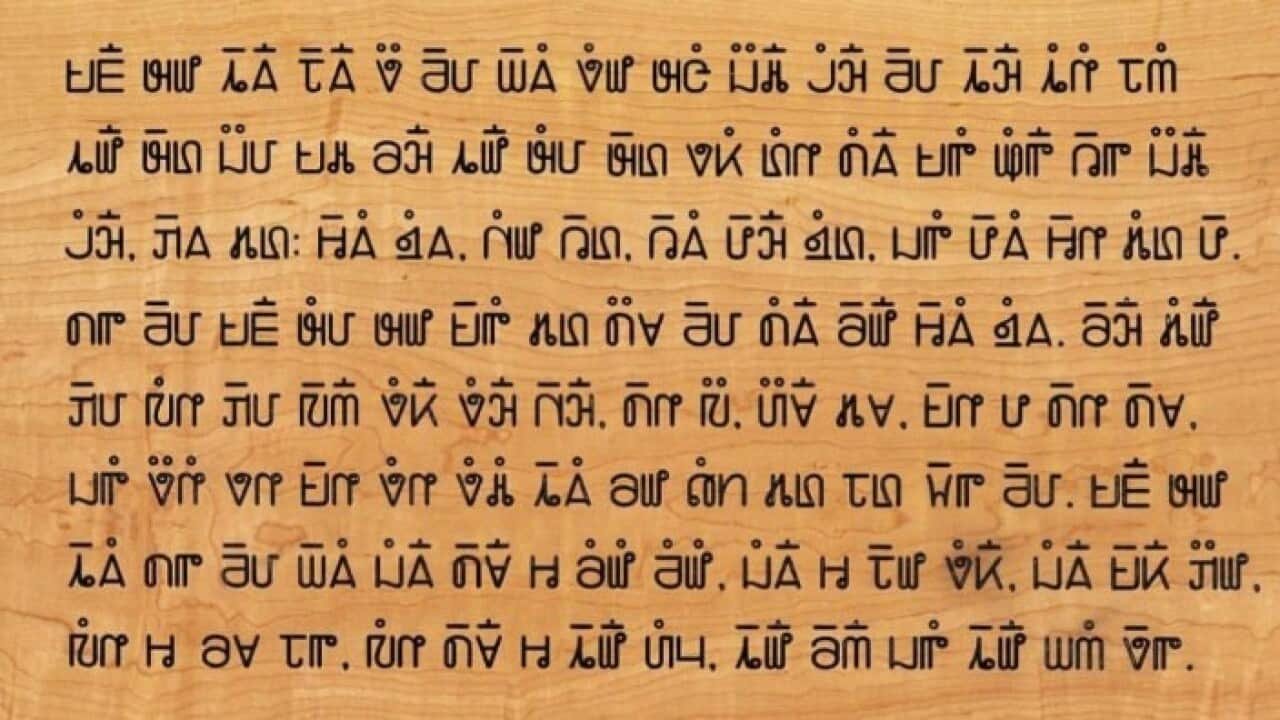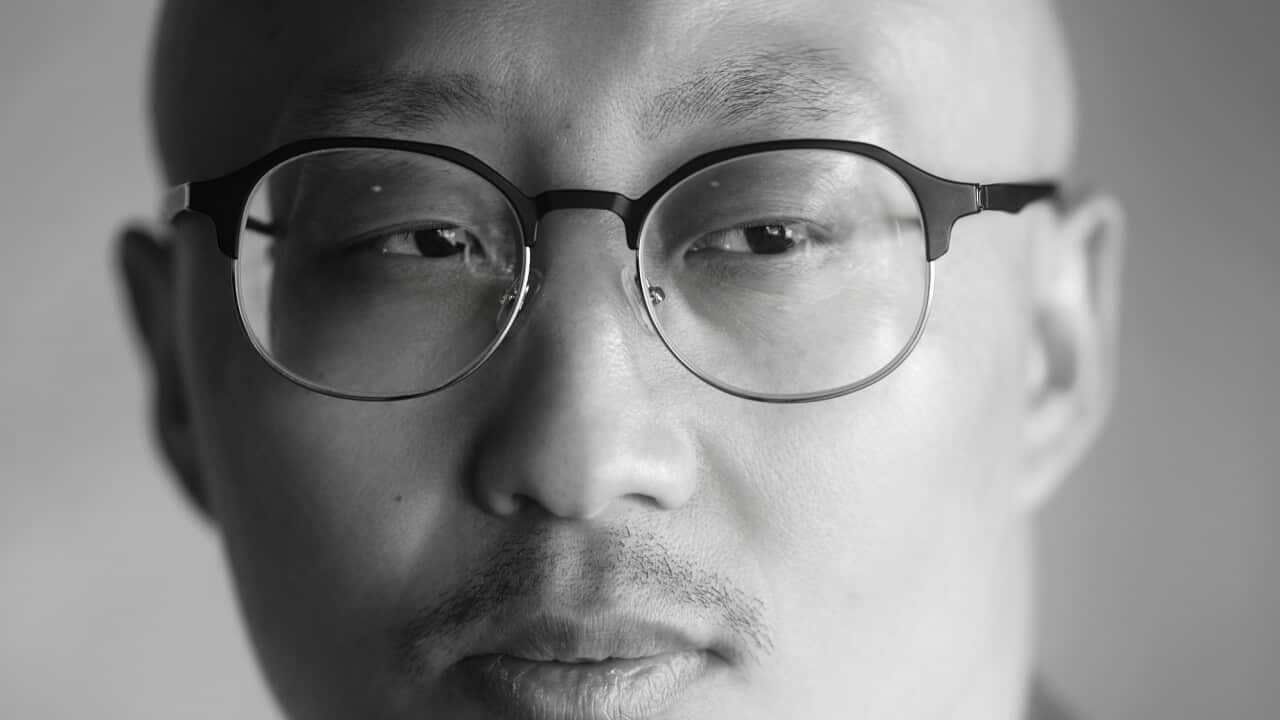Dr. Jeanne Yoo, a senior medical advisor for NPS Medicinewise, she says Be Medicinewise Week 2019 is an annual campaign run and funded by the Australian NPS Medicine peak body educational program.
This year (2019) is the 9th year with the aims to increase awareness about how to use medicines well so it increases effectiveness and safety, says Dr. Jeanne Yoo.
"So our theme for this year is getting to know the language of medicines, to encourage people to have a conversion with health professionals and to be well informed with their pharmacists and doctors or with other health professional about medicines".
Dr. Yoo says that medicines are a very important part of our lives and nearly 70% of Australians are taking two or more medicines on a daily basis, but it can be complicated or it could be risky if proper care is not taken and it can be difficult to take medicines in the best ways possible.
So during the Be MedicineWise Week 2019, we are asking people to know all about the medicines they are taking, how often are they taking, how should they take it, is it before or after a meal, why they are taking and what are they for? which one they are on. how to check with health professionals before starting a new medicine and of course to ask if they have any questions, says Dr. Yoo.
A new survey found out that of over 1,000 participants who do the survey only half of that number or one in three take two or more medicines on a regular basis but only 30% record all of their medication including prescription, over the counter, traditional or supplementary medicines. While the rest has a different way of how they do their records or which medicines they take.

NPS Medicinewise Senior Medical Advisor Dr. Janne Yoo shares her insights into why it is important to know the language of medicines (NPS) Source: NPS
Dr. Yoo maintains that there are many reasons why we should note down our medicines:
1. It is because if we may take many different types of medicines and they are more likely to interact with each other and so they could cause harm or make medicines less effective.
2. It is also that we cannot remember every medicine that we take, they may have a lengthy name such as brand name and the actual active ingredient which is the main medicine that works for a specific purpose. So when people see different brand name medicines but with the same active ingredient, they may be confused that it is a different medicine but actually it is not, it is the same medicine. Therefore, Dr. Yoo suggests we should record both the brand name and the active ingredient of that medicine.
3. The last reason why we should jot down the name of medicines we are taking is that whenever we want to start a new medicine, and consulting with a health professional about our medication history, a list of medicines we have taken or taking is handy.
Though language barriers will make this matter even more complicated if we speak other languages than English at home, there are helps available, says Dr. Yoo.
She states that we can download NPS Medicinewise mobile application called Medicinewise App either from Google Play for those use Android phones or download from App Store for iPhones users, but they are only in English. This app can be used as a reminder to tell us which medicines are we taking, how often, how many tablets, capsules, or use to record the type of medicines we are taking on our smartphones.
Furthermore, at NPS Medicinewise website we can download a list of medicines in 10 different languages but unfortunately, there is no Hmong translation yet. After that, we can ask someone who knows English or we can make an appointment with our health professionals to manually record the medicines through an interpreter.
Dr. Jeanne Yoo says the most important point apart from knowing your medicines, is to understand the instructions to take medication. So understanding how much you need to take, how often you need to take, and if there is any action that you need to be aware of such as whether to take medicine with water or with food, and thirdly, it is important to check with our health professionals before starting a new medicine, so our GPs or our pharmacists need to know all of the medication that we are currently taking including traditional and western medicines, before they can make any recommendation if new medication will be helpful for us or potentially harmful for us. And last but not least, if there is anything that we don't understand about our medicines then please ask questions. And if it is not possible to speak to a health professional about this matter translating and interpreting services can be arranged, so it is possible to have a detailed conversation.
Dr. Yoo concludes that the "Be Medicinewise Week is all about empowering consumers to be more knowledgable about their medicines, to encourage us to have conversations with our general practitioners (GPs) or our health professionals if there is anything that we don't know or don't understand about our medicines, so our aims is to help people get the most out of people's medicines and to do that in a safe ways. So I hope that as listeners, we can benefit from thinking about how it is that we record our medicines, who it is that we can speak to so that we can find out everything that we need to best look after our health."
Disclaimer:
This interview is for general information only and not considering your personal health situation. Taking any advice from this interview without consulting with healthcare professionals will be solely at the disposal of your own personal risks.
Listen to more stories about Hmong and Australia issues that matter to you in Hmong or English as follow:
READ MORE
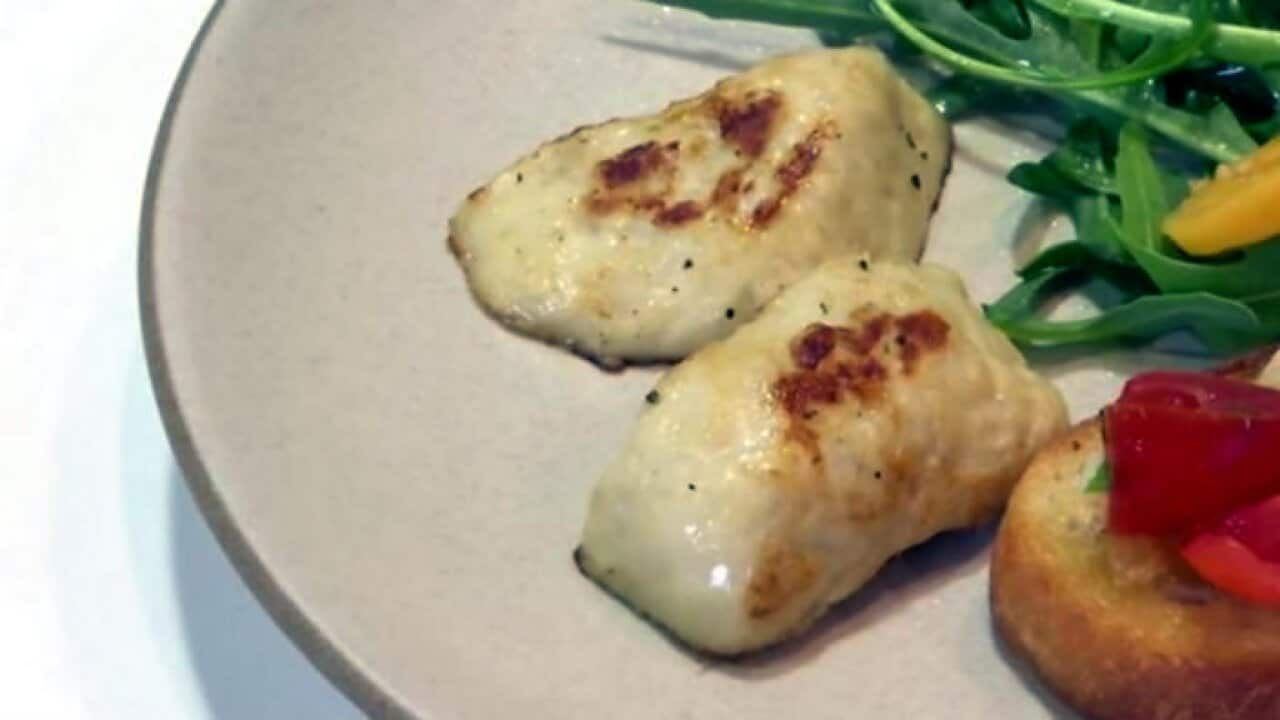
Cov nqaij yug ntawm laboratory
READ MORE
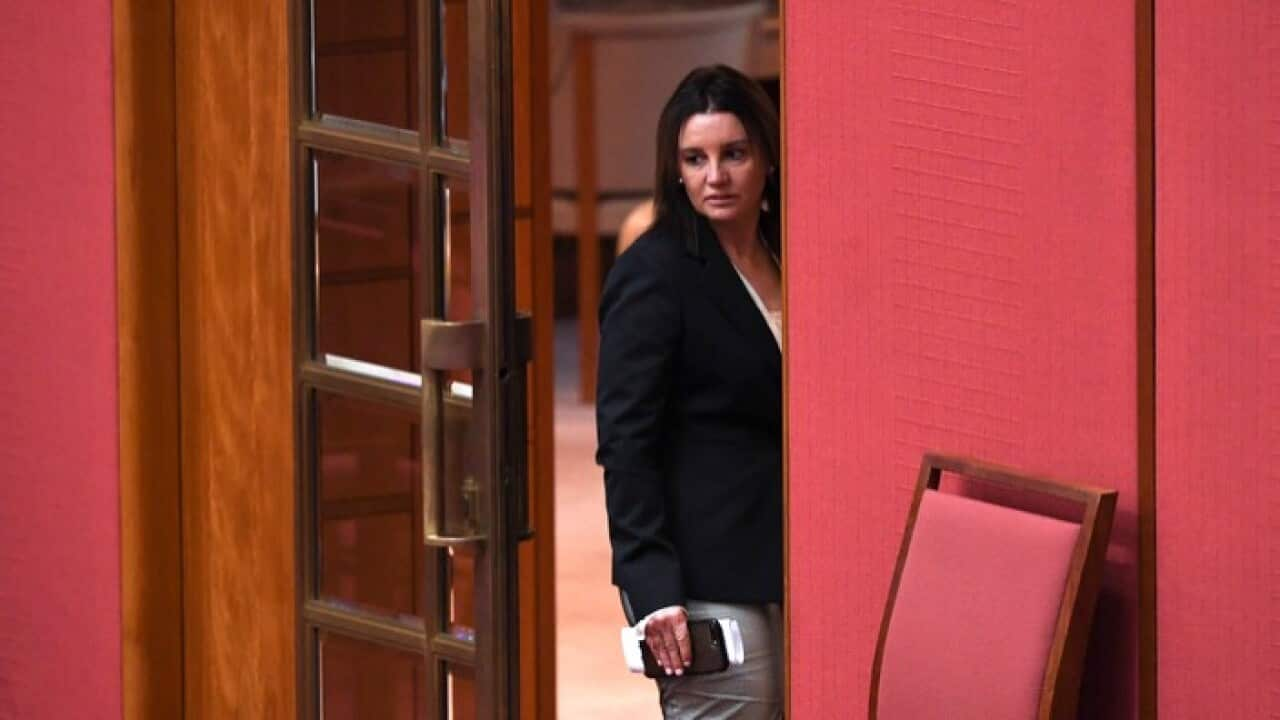
Tsev tsoom hwv cov cai txo se 2019
READ MORE
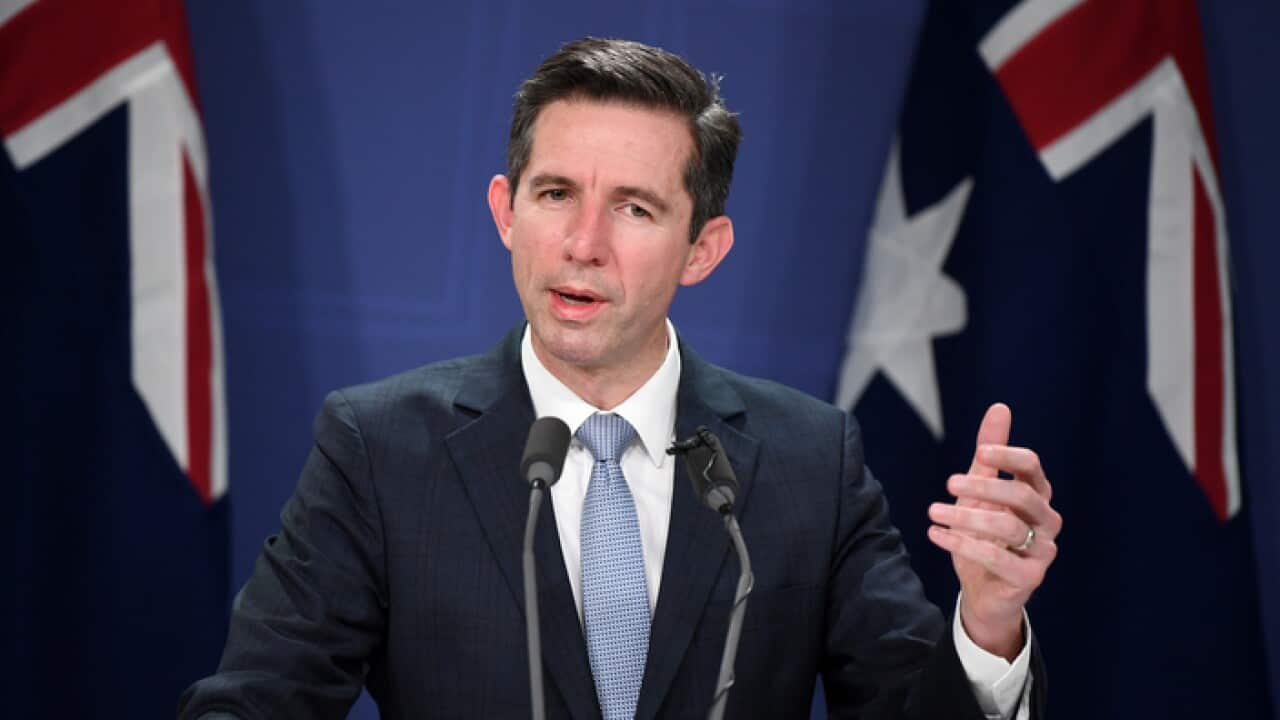
Txo se rau tej neeg ntiag tug
